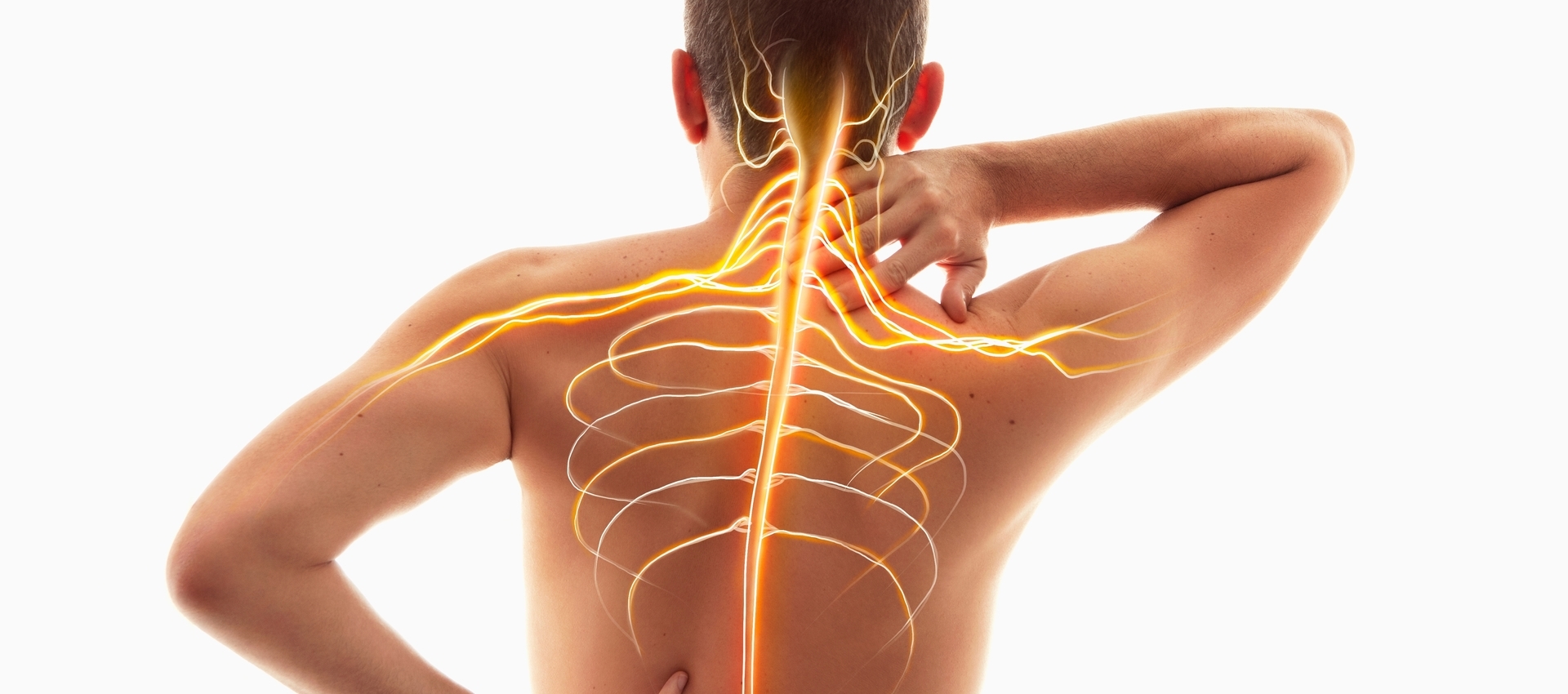What is the difference between acute and chronic conditions?
Posted on 15th August 2022 at 12:25
By Carl Green
When it comes to acute and chronic conditions the words acute and chronic don’t describe the type of pain, or the severity, but instead relate to the duration of symptoms. When considering musculoskeletal conditions it is important to take the duration of symptoms, and any initial trigger/cause into account.
Problems defined as “acute” tend to come on suddenly, and can last up to around 3 months. However “chronic” conditions are those lasting longer than 3 months, and may have started as an acute/sudden problem initially, or come on more gradually.
The reason time frames are important is because it relates directly to the healing process. Most tissue injuries in the body heal in up to 3 months (if given the opportunity). However, they can often take longer to remodel or fine tune/condition themselves to deal with mechanical stresses but this is different to healing. So let’s make a start by answering one key starting question…
What are Acute and Chronic conditions
Acute Conditions
Painful Acute musculoskeletal conditions usually involve tissue overload or injury, such as excessive compression/contraction or elongation/stretching of tissues. Examples include “pulled muscles”, “twisted joints” or "broken bones", and these types of problems are generally predictable in their aggravating factors, and often (but not always) sharp on/off pain. Acute pathology or injury is usually clearer to see, feel, and diagnose, and are more widely understood amongst Physicians/ Healthcare Professionals and the general public.
Usually if we are sensible, allow the body to heal effectively by managing the stress and load to the tissues (through professional advice, exercise and activity modification), we will get better within a few days, weeks or months depending on the problem. Look out for future posts which will cover the main types of Musculoskeletal conditions in more detail.
Chronic Conditions/Pain
We are going to spend a little more time explaining chronic pain as it is less widely understood by the general public, and also many physicians or health professionals. Chronic or persistent pain can continue for weeks, months or even many years beyond “normal healing times”. It used to be that physicians interpreted this as their patients having acute problems that for some unknown reason never fully healed. However, this is very rarely the case, and for those of us that keep up to date with the research, we now have a different and more accurate, helpful and hopeful understanding of chronic conditions.
Chronic pain is now understood to be less about the body's tissues, and more about an increased sensitivity of the nervous system affecting how our body feels. It can be influenced by our thoughts, feelings, beliefs and behaviours. Therefore it is important to see a healthcare professional with understanding and experience of chronic pain, as the treatment, language we use, and information we provide will be important, and often can be quite different to that of health professionals with a more focused acute, anatomical or biomedical approach to all pain. However, there are some chronic conditions that do have tissue changes and processes that are more relevant and need consideration, but often they continue to be painful due to repeat flare ups and ineffective treatment, rather than poor healing. Again, please look out for my other posts on different types of musculoskeletal conditions to learn more.
As chronic pain is more about the nervous systems interpretation of the body, it is not only influenced by changes to our body’s tissues (including the brain), but also our behaviours and psychology. Therefore a successful treatment plan should incorporate all these factors and be truly holistic. This re-educates
and empowers you to make changes over time, leading to improved pain and/or function, better coping strategies, and less flare ups.
What’s next?
So, now that we understand the differences between acute and chronic pain conditions, you may need support with either type of problem.
Luckily at Colchester Physio and Sports Injuries Clinic, myself and my colleagues are experienced in working with people troubled by acute and chronic conditions holding them back. Between the three of us (myself, Jane and Craig) we have over 50 years of relevant experience, and worked in occupational health, NHS, professional sport, specialist chronic pain, fitness industry and many other services/settings, so you are in safe and experienced hands.
My next post in this “musculoskeletal conditions” series will take a closer look at strains and sprains.
Treatment and Rehabilitation at Colchester Physiotherapy & Sports Injury Clinic
If you are having issues with any of the different types of musculoskeletal conditions we would advise you to speak to a professional. Our team are experts in treatment and rehabilitation of musculoskeletal injuries or problems, and can offer you practical and effective advice on how to avoid or deal with a wide range of musculoskeletal conditions. If you require any more information about our services, reach out today or give us a call on 01206 579631.
Get in touch with the team here at Colchester Physiotherapy and Sports Injury Clinic for honest advice and recommendations!
Other Articles in our Musculoskeletal Condition Series
Author
Carl Green

Carl is a Specialist Musculoskeletal Physiotherapist, Sports Science and Human Biology graduate, former Lecturer in Sport and Exercise, Personal Trainer, and Sports Massage Therapist.
He has worked as a Physio within the NHS at a senior level, sports injury clinics, his own practice, stroke rehabilitation, occupational health and chronic pain. Carl also has first hand experience of acute and chronic injuries, pain, surgery, and disability, giving him a deeper understanding how these can affect us both physically and psychologically.
He started his career in health and fitness in 2002. Empowering people to achieve their goals, overcome challenges, and reduce future problems through lifestyle/behaviour change and exercise has continued to be a big part of his approach as a Physio.
Carl has tried many sports, but mainly focused on rugby, gym training, running (5k to half marathon), and Muay Thai Boxing. He also enjoys snowboarding, home gym training, teaching his dog tricks and playing fetch, covering songs on his guitar, and has recently taken up archery.
Tagged as: Musculoskeletal Condition Series
Share this post:







